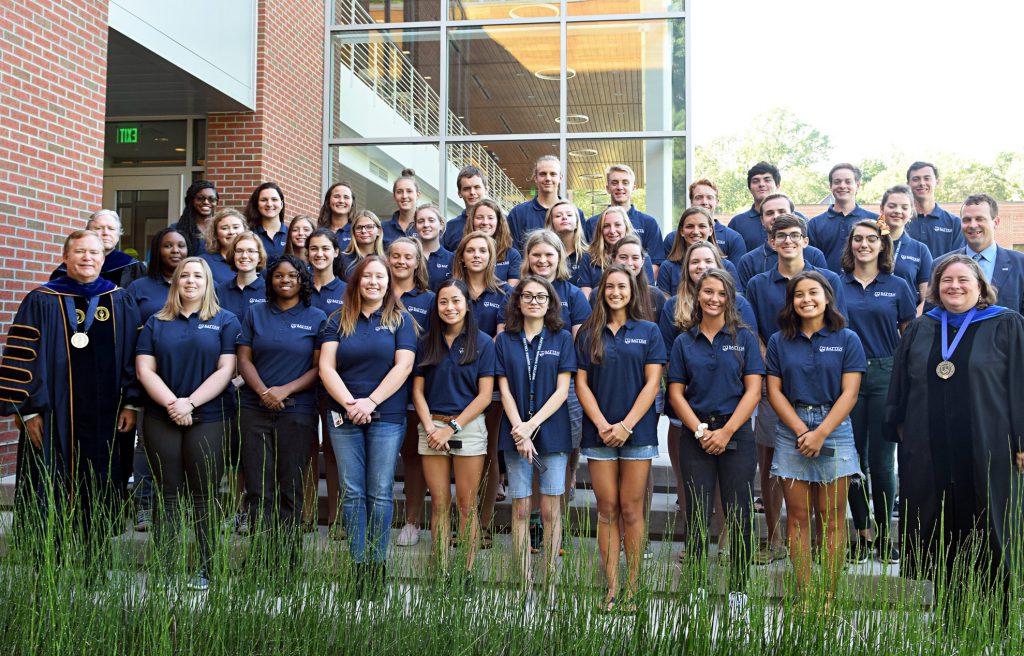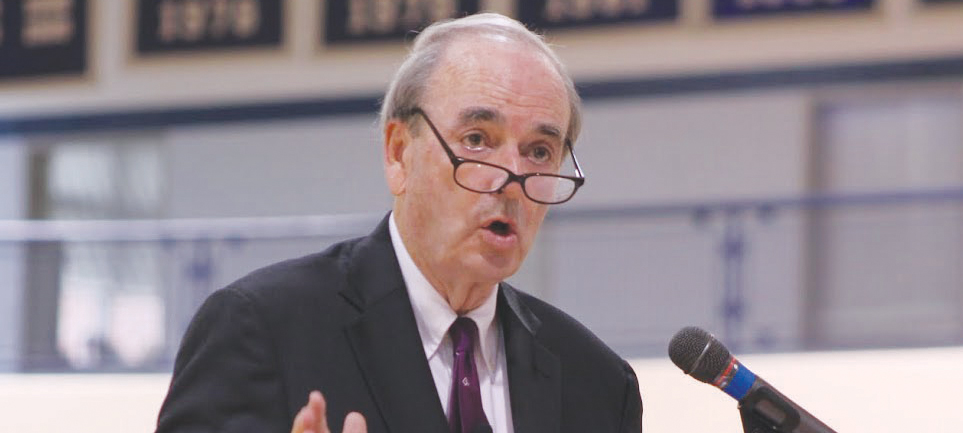 MOLLY FANNEY
MOLLY FANNEY
Staff Writer
The U.S. government has orchestrated a covert operation to overthrow communist Cuba: a Cuban Twitter. Beginning in 2010, a Washington-based firm was contracted by the U.S. government to create a Twitter-like network called ZunZuneo.
ZunZuneo, now shut down, was very primitive. The name for this site was even a play on Twitter ZunZuneo is a slang term for an island hummingbird. It was a cell-phone-based program with which Cuban users could communicate outside of the country’s strict Internet restrictions. The program never attained critical mass, but before being shut down it had more than 40,000 users. Starting with non-controversial content such as soccer, popular music and weather updates, creators of the site intended to build a strong user base of hundreds of thousands of subscribers before introducing more political content. The Associated Press interviewed people directly involved in the project and obtained documents concerning it.
The documents show that the Obama administration had several controversial plans for the microblogging site. Similar protests have been happening organically in countries such as Moldova and the Philippines. This content would be used to incite “smart mobs,” or gatherings organized abruptly through the use of social media and smart devices, that could lead to an uprising against the Cuban government.
The U.S. government officials behind the project were surprisingly not from the CIA, but from the U.S. Agency for International Development (the USAID), an agency usually in charge of overseeing billions of dollars in humanitarian aid. Hidden bank accounts were set up in the Cayman Islands, and executives were hired who were not aware of Creative Associates International’s ties with the American government. Dr. Leslie Caughell is an assistant professor of Political Science at Virginia Wesleyan and had her own views on the program.
“My overall impression of this situation is that discussion about it will fade quickly, despite the fact that this discussion may be slightly embarrassing to the Obama administration,” said Caughell. “Still, what interests me most about this situation is the possible use of social media as a covert tool. Given the centrality of social media during the Arab Spring and its growing global penetration, social media may very well be an important tool used by governments to advance their interests, overtly or covertly. How much has changed since a poisoned cigar seemed like the most sophisticated tool in the U.S. arsenal!”
On Apr. 10, the Senate committee for foreign relations demanded that the USAID hand over all records pertaining to the Obama administration’s program. This action is part of a broad review of the agency’s humanitarian efforts globally. Subscribers to the social networking site were never aware that the U.S. government transmitted messages to subscribers or that they intended to undermine the communist state. Cuban users were also unaware that having subscribed to this programgram meant that the U.S. government was collecting all of their personal information.
The USAID claims that it had humanitarian motives. In Cuba, the Internet is heavily controlled and regulated by a communist regime and citizens don’t have authority over what they can access on the Internet. Released statements conveyed that ZunZuneo was providing a way for Cubans to communicate outside the Internet barriers currently in place, promoting democracy. The U.S. government also claimed that the program was not exactly covert, but rather “discreet,” because it was placed under congressional oversight in 2008. Many critics of this program believe this is merely a front, that the U.S. was just trying to gain a political foothold in yet another unstable nation, and that the U.S. government is reverting to practices of the Cold War. The U.S. government originally released statements saying that its political position was always neutral, but The Associated Press has since found that draft messages produced for the program were overtly political and slanted.
“I believe that this another classic case of the U.S. playing the ‘my horse is bigger than yours’ game, and frankly, it is pathetic. The volition to preserve human rights may be a component, but I honestly think it was a secondary,” sophomore Isis Percell, an international relations major stated. “I don’t think a specific sovereign state should have the right to make choices like creating a covert program on their own, like the U.S. did in this case. There’s a reason why the UN exists. If the problems in Cuba were really that large, I would have rather the U.S. brought this up at an international summit.”
This situation only reinforces the poor reputation earned by privacy-infringing tactics after the National Security Agency scandal last year and recent cyberattacks on a Chinese telecommunications firm. Critics distrustfully eye the USAID as the CIA’s “junior partner” in covert programs. U.S. taxpayers, let alone all the foreign banks and servers unknowingly involved, are not happy with AP’s allegations against the U.S. government.
“I can’t say where the line should be drawn, or when the U.S. is going too far in attempting to achieve its foreign policy goals with such programs, either public or covert,” said Caughell. “I truly believe this is for the American public and their representatives in Congress to decide. However, it is worth thinking how American citizens would respond if they found out that an organization paid by the Russians or Iranians engaged in an equivalent program aimed at engaged American citizens. It’s tough to balance national strategic interests and moral values, but Americans should be having conversations about balancing these interests.”


